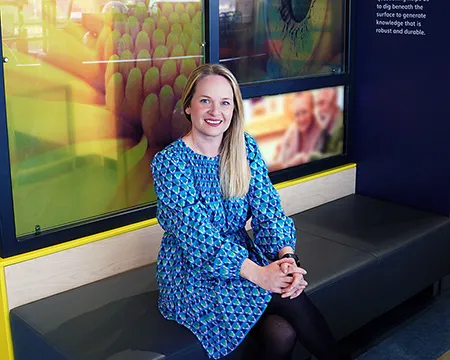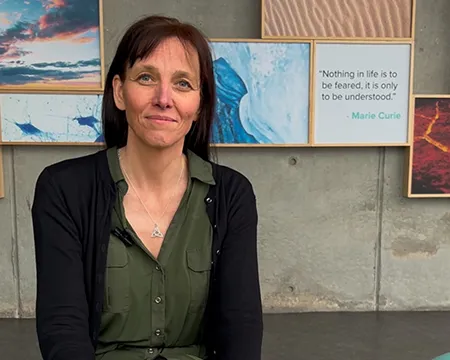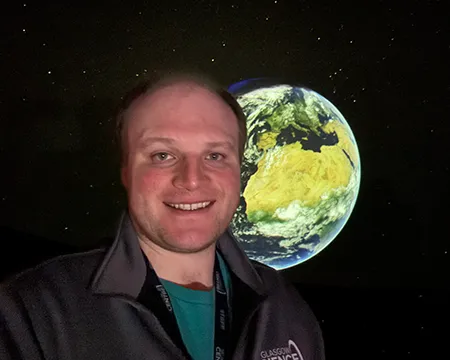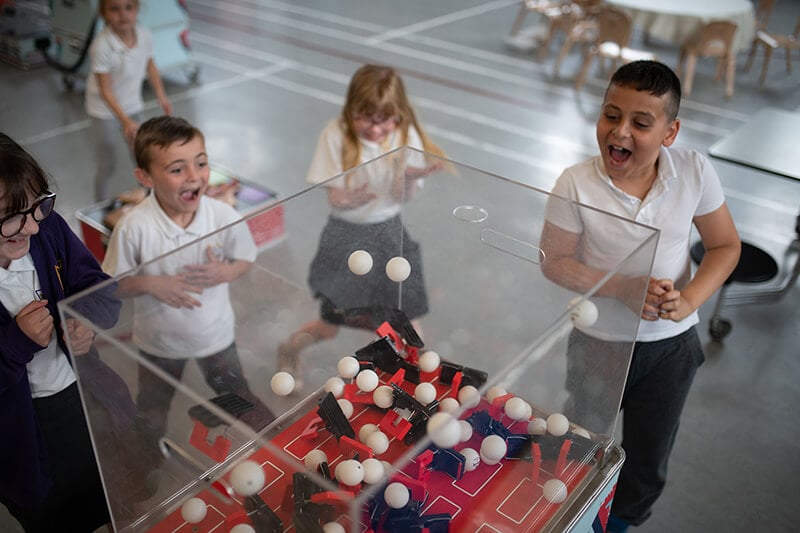Space Oddity: How Microgravity Affects Your Body

'Lock your Soyuz hatch and put your helmet on...'
Have you ever wondered what it would be like to live in space?
Astronauts on the International Space Station face a unique challenge – their bodies adapting to an environment with much less gravity than on Earth: microgravity. This lack of gravity has some surprising effects on the human body...
🪐
Astronauts grow taller in space
Without Earth’s gravity compressing their spines, astronauts’ bodies relax and stretch out, increasing height by up to two inches. However, this growth spurt is temporary, as gravity compresses their spines to normal upon returning to Earth.
🪐
Astronauts experience space sickness
On the ISS, astronauts are in a constant state of free-fall, creating a sensation of weightlessness. For the first few days, they often feel sick, like travel sickness, a condition NASA calls Space Adaptation Syndrome. This occurs because the body relies on gravity to determine which way is up.
🪐
Astronauts lose bone and muscle mass
Without the constant pull of gravity, bones and muscles begin to weaken. Without gravity exerting on them bone density drops by 1% per month in space. It requires minimal energy to move in space too, meaning muscles begin to lose strength and endurance.
To combat this, astronauts exercise for two hours daily on the space station.
🪐
Astronauts' bodies swell up
The heart, like other muscles, can shrink in space. On Earth gravity helps pull blood down towards your legs, while your heart works hard to pump blood to your head.
Without gravity, blood shifts upwards in space, causing astronauts' legs to get thinner and their upper bodies and heads to swell. Scientists have aptly named this ‘puffy head bird leg syndrome’.
🪐
Astronauts need spacesuits
When outside the ISS, astronauts need their spacesuits to avoid suffocation in the vacuum of space. The low pressure would cause gases in their body to expand rapidly, damaging their internal organs and causing bodily fluids to boil.
🛰️🚀✨🧑🚀🌍🪐
Now that you know a few space oddities on how your body will change in microgravity, you're one giant step closer to launching YOUR mission to become an astronaut!
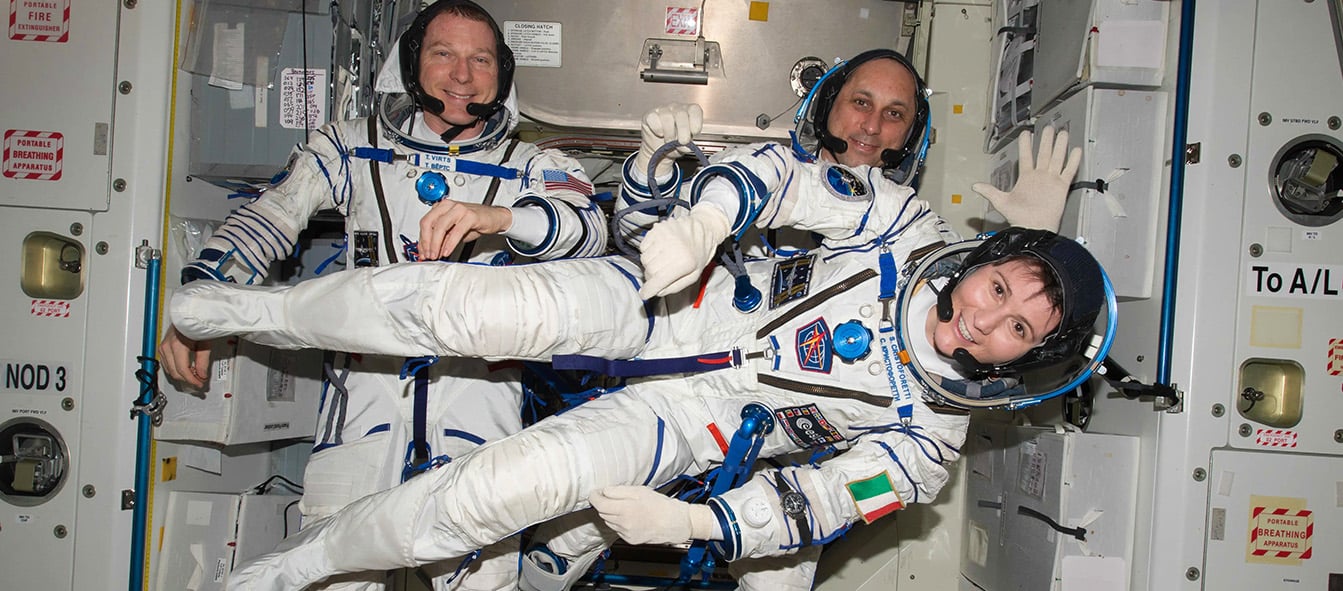
Are you curious to know more about the universe?
Explore our Space Zone and marvel at our replica ISS Cupola window, plus don't miss our daily shows in The Planetarium!


